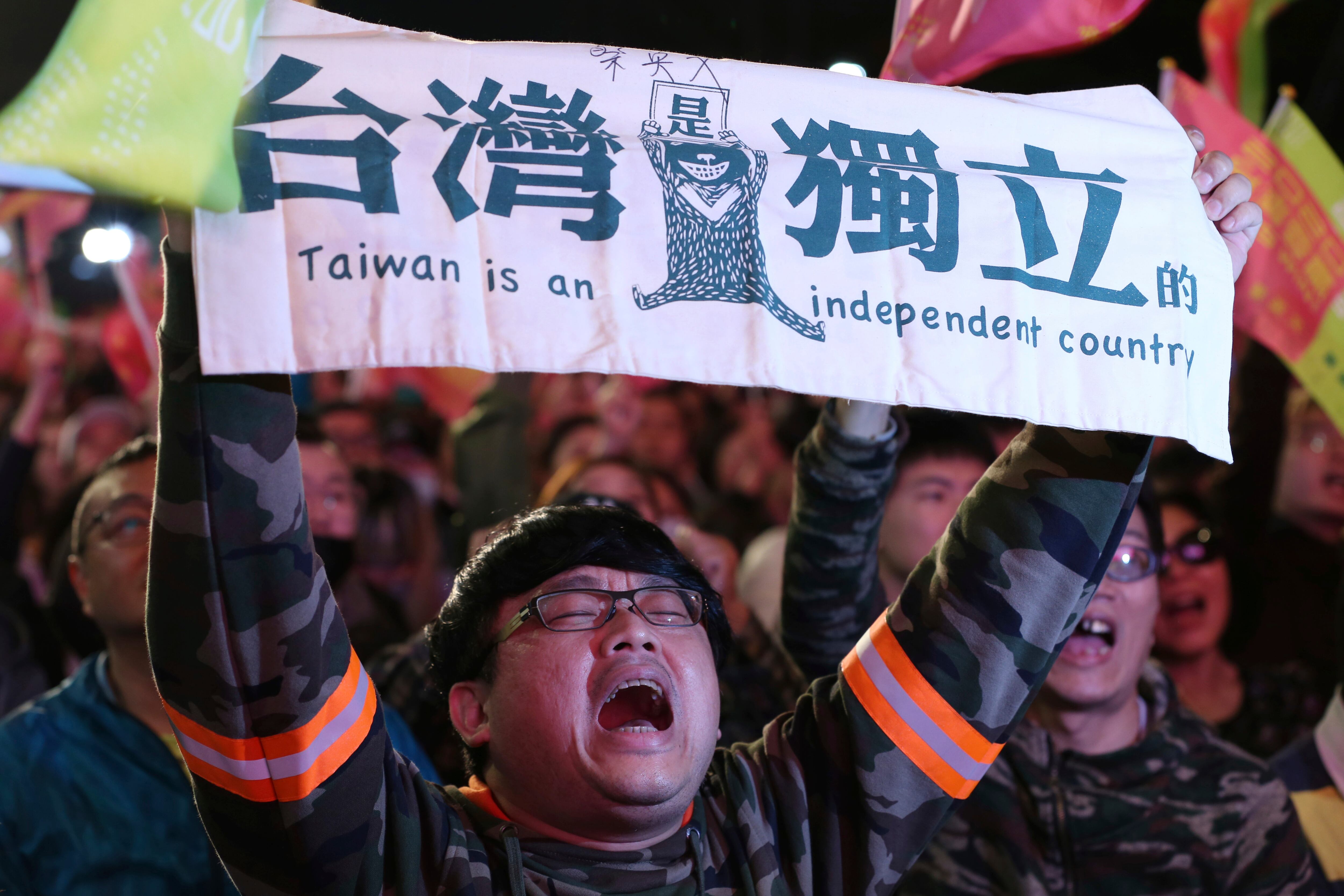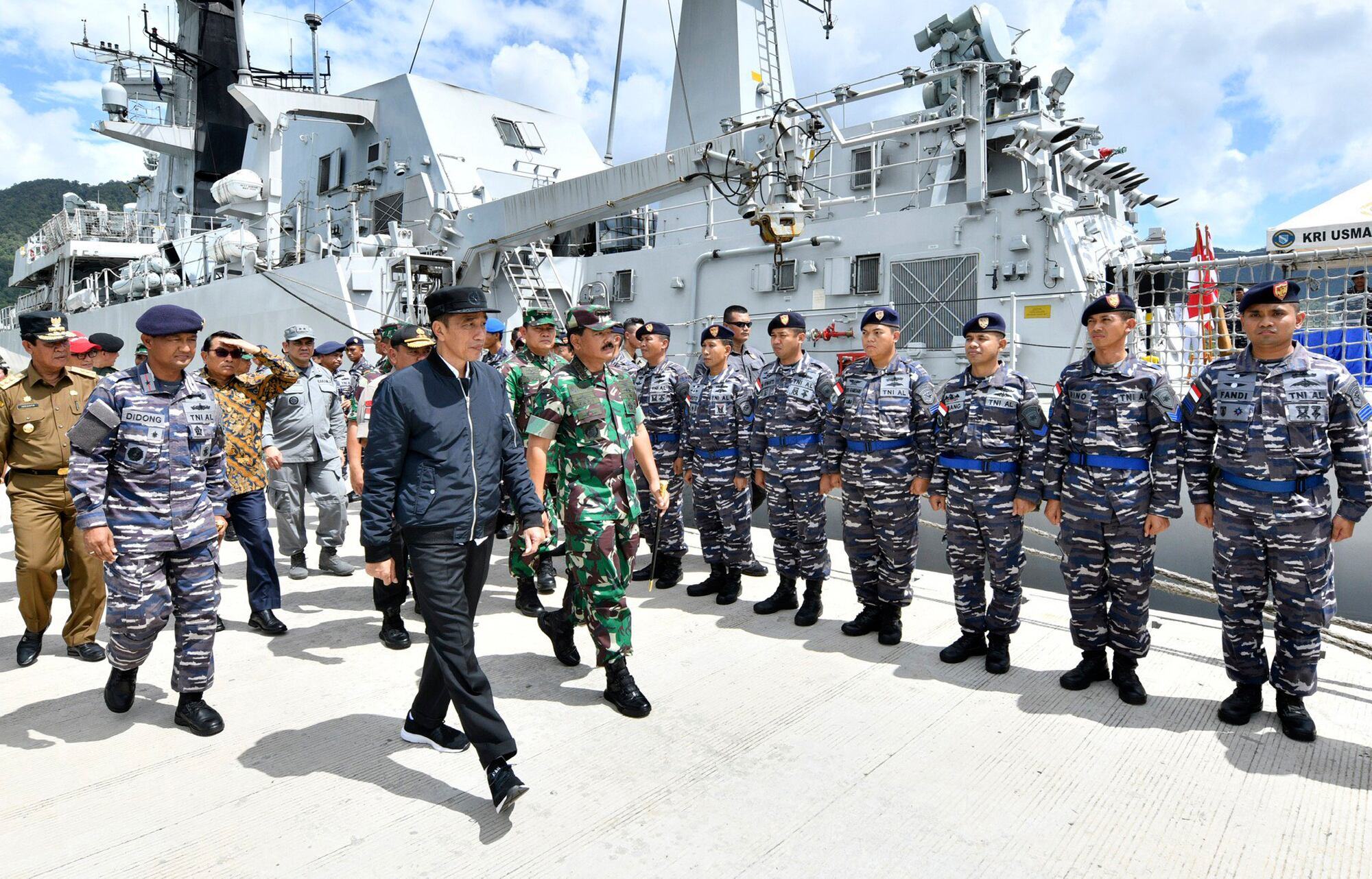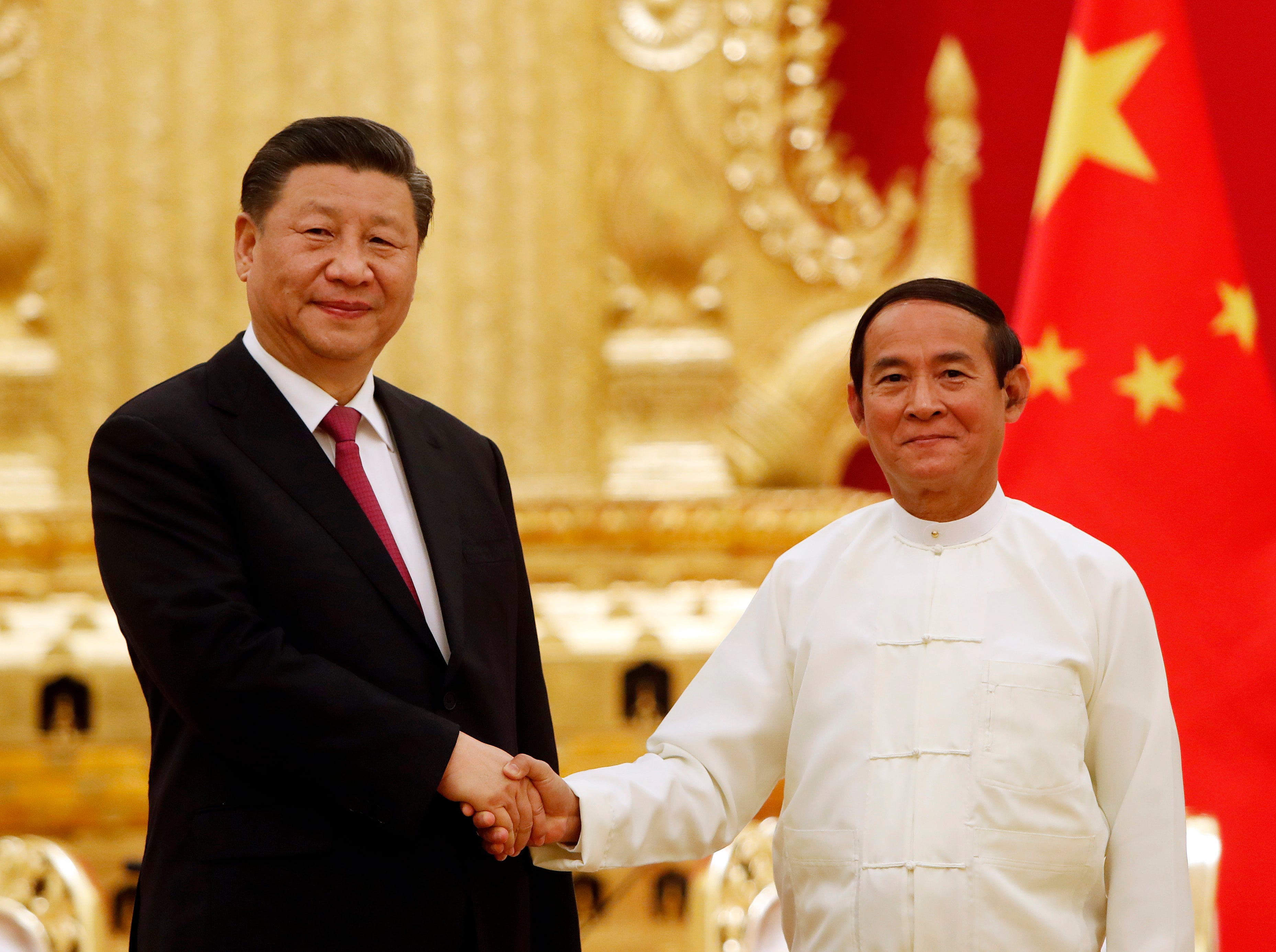BEIJING — Here’s a look at recent developments in the South China Sea, where China is pitted against smaller neighbors in multiple territorial disputes over islands, coral reefs and lagoons.
The waters are a major shipping route for global commerce and are rich in fish and possible oil and gas reserves.
CHINA MARKS PASSAGE OF US WARSHIPS IN TAIWAN STRAIT
China says it monitored the passage of a U.S. Navy ship through the Taiwan Strait last week, just days after the island’s pro-independence president won reelection.
Foreign Ministry spokesman Geng Shuang said Friday that China had been "fully aware" of and "following closely the whole process."
Geng said the U.S. should handle Taiwan-related issues "cautiously and properly so as to avoid damaging China-U.S. relations and peace and stability across the Taiwan Strait."
The U.S. Navy said the Ticonderoga-class guided-missile cruiser Shiloh had completed a passage through the Taiwan Strait, but provided no other details.
The U.S. Navy frequently sails through the strait, which provides the fastest route from the South China Sea to the East China Sea that connects China, Japan and the Korean Peninsula.
China claims Taiwan as its own territory to be annexed by force if necessary.
RELATED

ACTING US NAVY SECRETARY VISITS SINGAPORE
Acting Secretary of the Navy Thomas B. Modly reaffirmed the U.S. Navy's strong partnership with the Singapore Armed Forces during his inaugural visit to Southeast Asian city state last week.
Modly held extensive meetings with Minister for Defence Ng Eng Hen and top commanders, visited Changi Naval Base, Sembawang, and toured the littoral combat ship Gabrielle Giffords.
The Navy said he thanked the nation's senior leaders for backing the deployments of the combat ships and patrol craft to Singapore on a rotational basis.
"Singapore is an important strategic partner for the United States," said Modly.
“No region is more important than the Indo-Pacific. Here, the balance of power, and the future of the rules based order, will be determined through our efforts and partnerships.”

INDONESIAN ACADEMIC WARNS CHINA LOSING TRUST
A senior Indonesian researcher says Beijing is undermining its relations with Jakarta by making dubious claims about the rights of its fishermen to operate within Indonesia's exclusive economic zone.
China insists Chinese fishermen are free to conduct activities in their “traditional fishing ground,” which partly overlaps with Indonesia’s EEZ around the Natuna island group.
The boats since December have been escorted by the Chinese coast guard.
Evan A. Laksmana, senior researcher at the Centre for Strategic and International Studies in Jakarta, wrote Monday in Hong Kong's South China Morning Post newspaper that such actions are making Indonesia wary about China's trustworthiness. He recommends Indonesia "should not and will not agree to any kind of bilateral talks or negotiations over 'overlapping maritime rights' with China as there are none to begin with."
Indonesia is not among the governments that challenge China 's claim to virtually the entire South China Sea.
RELATED

CHINA’S XI STRENGTHENS TIES ON MYANMAR VISIT
China's President Xi Jinping deepened relations with Myanmar during a state visit last week to a neighbor that has been among the most supportive in Beijing's dispute with other members of the Association of Southeast Asian Nations over the South China Sea.
The two countries signed agreements covering politics, economy, livelihoods and regional cooperation. Some are intended to expedite major infrastructure projects that will extend Beijing's strategic presence to the Indian Ocean.
The trip was Xi 's first to Myanmar as president and his first foreign visit this year. Jiang Zemin was the last Chinese president to visit Myanmar, when he signed several economic and border agreements in 2001.
Myanmar is a linchpin of China's geopolitical ambitions, and, as a top investor and trade partner with Myanmar, China offers economic insurance if Western nations do impose sanctions.
China for years has defended Myanmar in forums such as the United Nations, and Myanmar has returned the favor by following Beijing’s positions on issue such as China’s claims over territory in the South China Sea.





